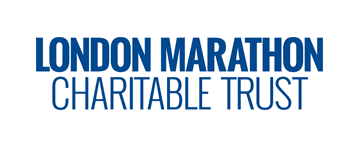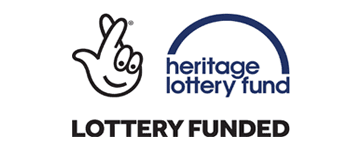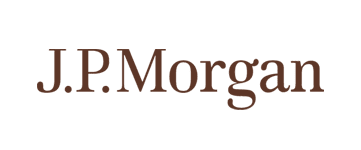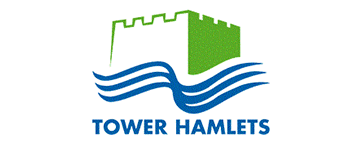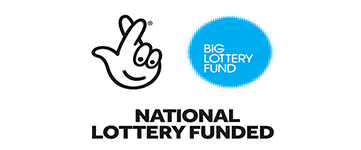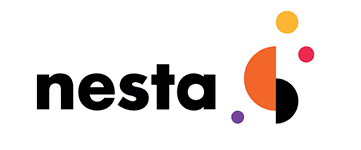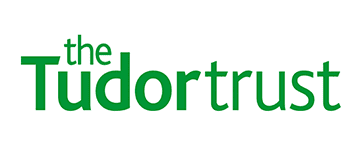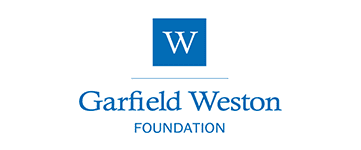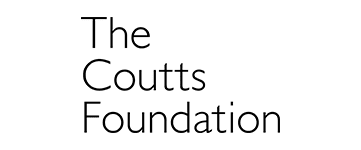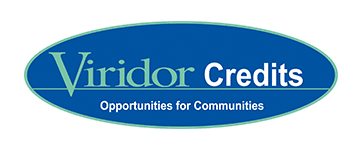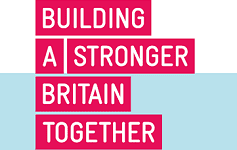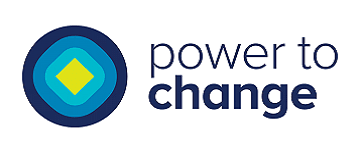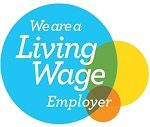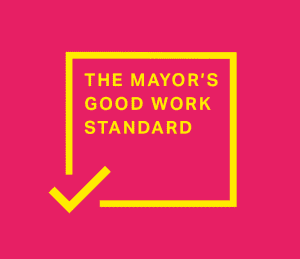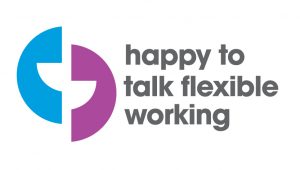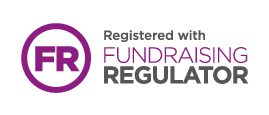Financial Health Fellowship: Final Evaluation

Toynbee Hall and The Financial Innovation Lab have revealed the final evaluation of the Financial Health Fellowship, which uncovers the programme’s impact and lessons for the future.
Following on from the initial Rapid Assessment we shared last December, the External Evaluator, Damon Gibbons (Director, Centre for Responsible Credit), has published a final evaluation of Financial Health Fellowship.
What was Financial Health Fellowship?
In 2017, we partnered up with the Financial Innovation Lab to support the best innovations with potential to improve financial health. Over nine months, the Lab Fellowship programme supported thirteen innovators to develop their business and leadership skills, understanding of financial health, and community of support via monthly business strategy sessions, two residential retreats, peer coaching, a Demo Day – and more.
Impact
The evaluation finds that Fellows considered the programme an outstanding success: both in terms of its content and the method of delivery. Here’s what some of the Fellows said about their experience:
In particular, Fellowship has proven effective in:
• Improving knowledge of the ‘poverty premium’ and the needs of people in poor financial health.
• Developing business purpose and organisational culture aligned with social value.
• Boosting communication skills and the ability to lead a team and business.
• Raising confidence to navigate the wider financial system.
• Enabling collaboration amongst purpose-driven innovators.
• Lessons for the future
As well as celebrating the Fellowship’s successes, the Evaluation includes invaluable insights that the Lab can learn from – and we’re already using them to inform our new programmes.
Recommendations the evaluation makes for the Lab include:
• Adopt a more flexible and modular approach to the programme’s curriculum, so that it can support a cohort of Fellows with varying pre-existing skills, knowledge and confidence, and time to dedicate to their projects.
• Expand elements of the curriculum, with modules developed for people with different levels of knowledge and skills, from beginners to experts.
• Replace Business Mentoring with more flexible coaching opportunities with experts from the Lab’s network who can be bought in at a time that is right for the innovators to maximise impact.
• Create more events that facilitate contact between newer innovators and those with greater experience, to continue to foster mutual support and collaboration.
• Build on the considerable impact that Toynbee Hall’s Money Mentors had on the development of Fellows’ projects by expanding co-design support for future innovators.
• Work with investors and funders to better support purpose-led innovators to overcome the significant challenges they face in funding the development of their projects and raising the investment necessary to get their innovations to market.
We can’t wait to implement these recommendations in our 2018/19 plans to support innovators putting purpose at the heart of the data revolution in finance. Find out more about our upcoming plans and get involved.
You can read the final Financial Health Fellowship Evaluation here.




